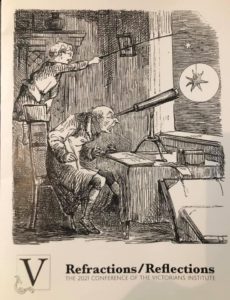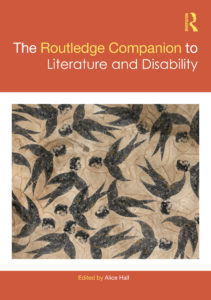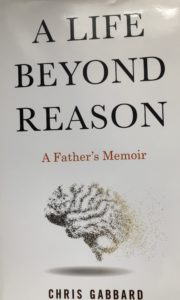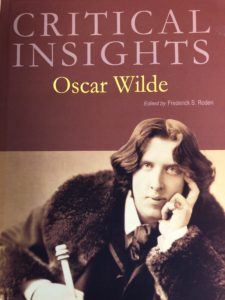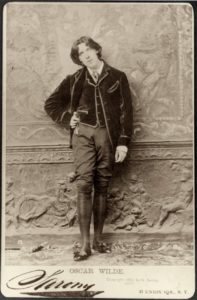What’s new at UMW? Something old! This academic year sees the return of a longstanding events series brought to you by the Department of English and Linguistics (with a little help from our friends in Modern Languages and literatures). Thursday Poetry and Prose invites all members of the university community to attend short 30-minute weekly readings of great literature by various faculty (and sometimes their students). All you do is show up to Combs 139 at 5 p.m., sit back, relax, and enjoy some literary inspiration and/or respite from the daily grind.
Here’s the Fall lineup:
September 14: Kate Haffey reads from Lorrie Moore’s How to Become a Writer
September 21: Chris Foss reads from the poetry of Charlotte Smith
September 28: Jonathan Levin reads from Gary Snyder’s Mountains and Rivers without End
October 05: Brenta Blevins (& friends) read Banned Books
October 12: Antonio Barrenechea reads from The Wonderful Wizard of Oz
October 19: Ana Chichester, Brooke Di Lauro, and the students of MDFL 201M: Afro-Caribbean Literature and Culture read Poetry in French and Spanish with English translations
October 26: Terry Kennedy reads from the poetry of John Keats
November 02: Gary Richards and the students of ENGL 357: Southern Lit read from As I Lay Dying
November 09: Marie McAllister reads “First Feminists” (early pro-woman poems)
November 16: Marcelo Fajardo-Cárdenas and the students of SPAN 312: Intro to Lit Studies in Spanish, read poems in Spanish and English translation


